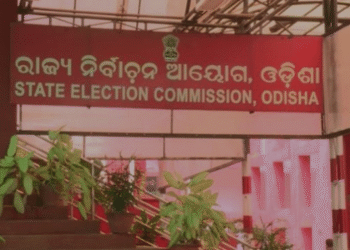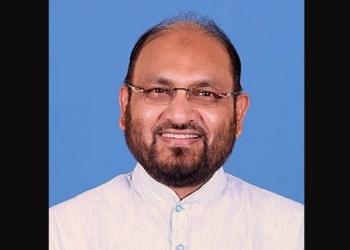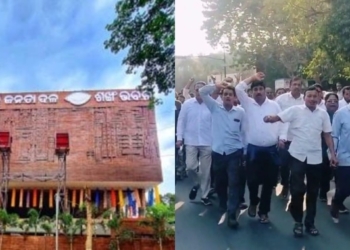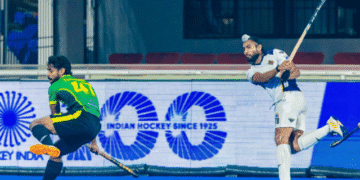A crucial meeting of Biju Janata Dal (BJD) leaders from Puri was held at the residence of senior leader Pratap Keshari Deb in Bhubaneswar on Sunday, focusing on strengthening the party’s grassroots structure and addressing internal dynamics in Puri district.
The gathering, attended by prominent figures such as Rajya Sabha MP Subhasish Khuntia, Puri district president Umakanta Samantaray, and former MLA Rudra Pratap Maharathy, deliberated on key organisational matters, including the nomination of block presidents and strategies to bolster the party’s presence at the grassroots level.
The absence of senior leader Sanjay Dasburma and Puri MLA Sunil Mohanty from the meeting sparked significant discussion within party circles, with sources suggesting that underlying internal disputes were a key agenda item. The BJD, led by Naveen Patnaik, has recently formed a disciplinary committee to address organisational challenges, particularly as the party navigates its role outside of government following recent electoral setbacks.
The meeting primarily focused on the appointment of block-level presidents and strengthening the party’s organisational framework in Puri. Rajya Sabha MP Subhasish Khuntia clarified that discussions were held with the state election officer regarding the district’s organisational structure. “The district president has already been announced, and block and ULB (Urban Local Body) presidents will be declared soon,” Khuntia stated, emphasising that the party operates under the unified leadership of Naveen Patnaik. He dismissed speculations of internal discord, asserting, “In a party with many leaders, differences of opinion are natural, but there is no chaos. Our leader is Naveen Patnaik, and the disciplinary committee ensures everyone adheres to party discipline.”
Puri district president Umakanta Samantaray downplayed the significance of the meeting, describing it as a “courtesy visit” to discuss election-related matters. “Puri district is completely transparent, and there are no issues within the party here,” he claimed, seeking to quell rumours of internal strife.
However, BJD leader Sudhir Samal offered a broader perspective, noting that disciplinary committees are often necessary when a party is out of power. “When a party is in government, such committees are less critical. But when it’s in opposition and the organisation grows large, differences of opinion arise. The disciplinary committee is formed to streamline things,” Samal explained. He remained optimistic about the party’s future, stating, “The BJD is strong, will remain so, and will form the government again.”
The meeting comes at a critical juncture for the BJD, which is working to maintain its organisational cohesion and prepare for future electoral battles after losing power in Odisha. Puri, a politically significant district due to its cultural and religious importance, is a key focus for the party as it seeks to consolidate its base. The absence of key figures like Dasburma and Mohanty has fueled speculation about factionalism within the district unit, though party leaders publicly maintain a united front.
The formation of the disciplinary committee signals the party’s intent to address any internal challenges proactively. With nominations for block and ULB presidents on the horizon, the BJD aims to strengthen its grassroots network to counter opposition forces, particularly the ruling Bharatiya Janata Party (BJP) in Odisha.
The discussions at Pratap Deb’s residence reflect the broader challenges faced by the BJD as it navigates its role in opposition while striving to maintain its relevance and organisational strength in Odisha’s dynamic political landscape.





























